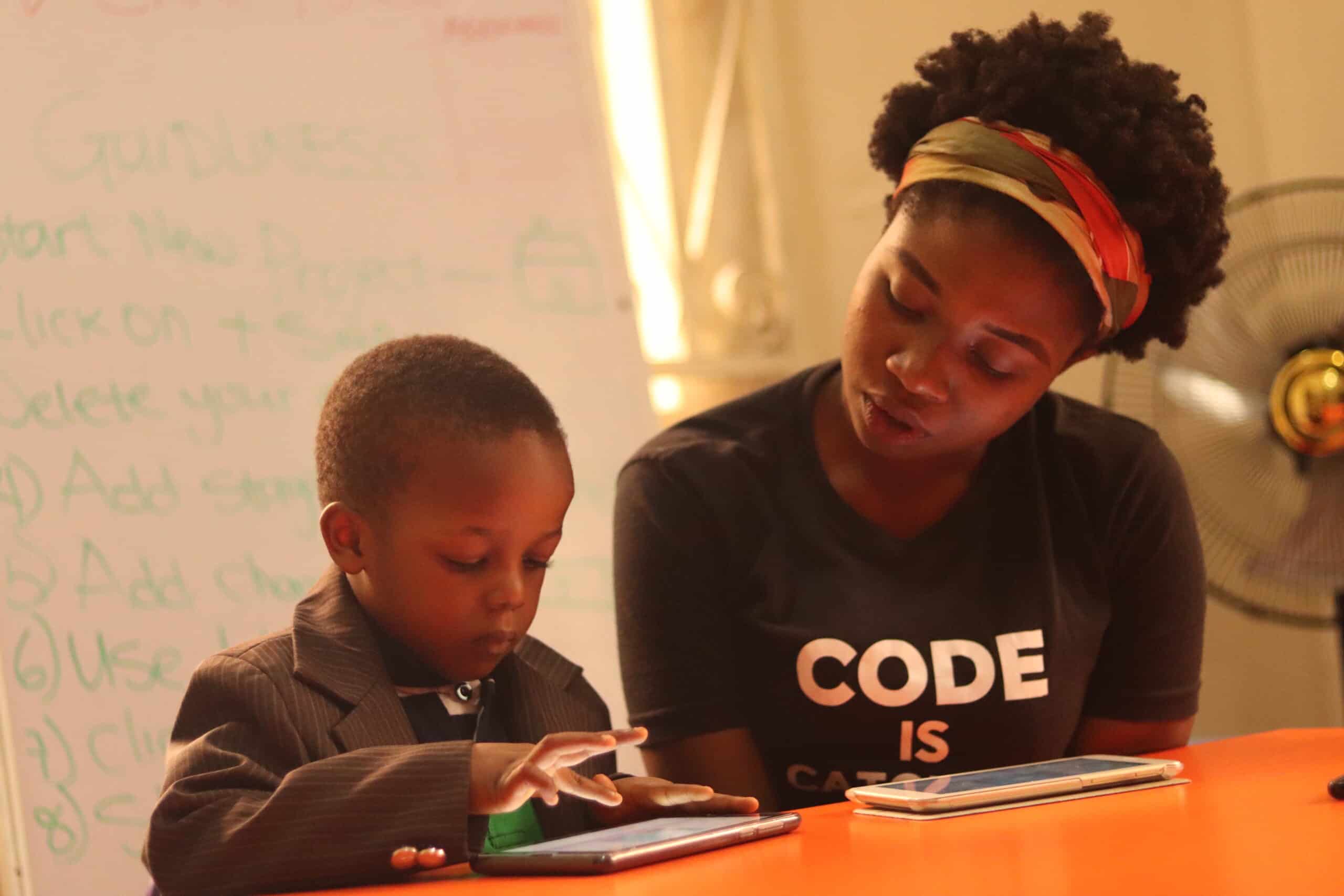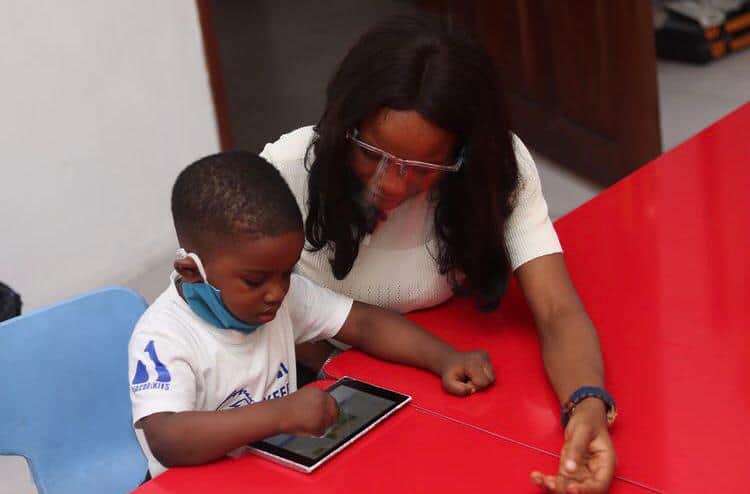5 Reasons why doctors and medical students should code

By Dr. Chukwudi Nwogu
Coding is learning to speak computer language. You tell a computer how to act and it follows the instructions in a way that produces desirable results. As the world evolves, capacities grow, expectations increase, and doctors are meant to meet those demands if we should remain relevant.
Computers have become a vital part of our lives. It is fast becoming impossible to live without technology. Smartphones, artificial intelligence, blockchain, datascience, robots, and additive technology, are among what is hot and important in the world now. It affects every sphere of life. They are all dependent on computers and computers have languages. Here are few reasons doctors and future doctors should learn to code:
“As the world evolves, capacities grow, expectations increase, and doctors are meant to meet those demands if we should remain relevant.”
1. Navigating technologies in healthcare.
In today’s clinical practice, technology has become the mainstay of interaction, from patients’ records to clinical research and surgical procedures. One will always meet tech and if a clinician doesn’t have basic knowledge of how it operates, such one may lose relevance in the care of people that are sick. As a case in hand, most hospitals are beginning to use electronic health records, every doctor is expected to learn how to work with it, but sometimes, bugs (including dangerous ones), may be present, or there are aspects of the software that are incompatible with the clinical practice. A doctor with a good technical foundation will help make that system more useful in healthcare delivery.
2. Programming aids in better evidence based medicine
Evidence based medicine is pivotal in current medical practice and it is heavily dependent on data science. Many years ago, doctors were not required to know statistics and as such it wasn’t included in the curriculum of training. Today, it is a major aspect of our practice. Gathering and processing data is essential in ensuring consistency in quality healthcare delivery. Python and R programming languages are popular and powerful tools in data analysis and processing. Doctors with good skills in coding will be better at acquiring useful data and analyzing it.
3. Coding helps doctors participate in health technology creation and development
The best engineers and scientist may often find it difficult to comprehend the nature and impact of their technology in healthcare provision. They rely on the input of end users such as the doctors to create or improve a technology. As most technologies are becoming reliant on computers, knowledge of programming can help a doctor invent or properly contribute to the creation or development (including development) of a health tech from apps to fully moveable machines.
4. Recommending useful technologies such as apps for hospitals and patients
The past few years have seen the rise in healthcare technology especially apps that promise benefits from keeping fit to monitoring blood pressure. A doctor with good coding skills can properly evaluate those technologies and help guide the hospital or their patients on which app to use.
5. Coding helps to improve clinical competence.
This may seem strange and unbelievable but the very act of coding can help a doctor make better decisions in clinical practice. Programming involves logical steps which when combined can produce a set of actions. Constantly involving oneself in such can structure the brain in problem solving. In addition, coding is strict on rules, for example, in python, improper indentation can lead to a syntax error when run. This will help a clinician to follow rules during their practice knowing that they are present for a purpose and bypassing them may lead to undesirable results.
Learning to code will set a doctor apart from the rest and help such one make the most impact in the healthcare system.



